THE PODCAST
Elevating the conversation about all things tactical.

The Boogeyman of Coeur d’Alene – The Crimes of Joseph Duncan
We delve into the horrifying crimes of a convicted serial predator whose reign of terror culminated in the brutal murders of the Groene family in 2005. We’ll explore Duncan’s dark past and the stalking and execution-style killings that led to the abduction of Shasta and Dylan Groene. We talk about managing our consumption of evil things in the world, the impact that has on our parenting, and we unravel how media efforts helped bring one of the most dangerous offenders in U.S. history to justice.
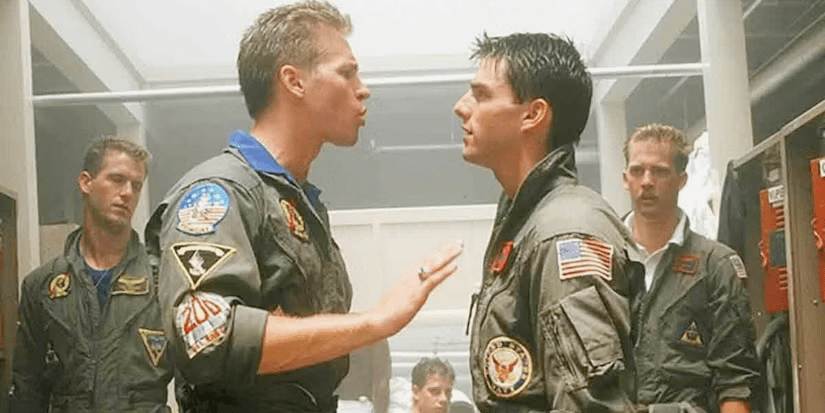
“Be Curious, Not Judgmental.” How to Deal with a Big Ego
Cops, military folks, pilots, medical professionals have some things in common. One of the BIG commonalities is a collection of BIG egos. Mike & Jim will walk us through how to navigate those egos to create a tactical advantage in a high performing team.
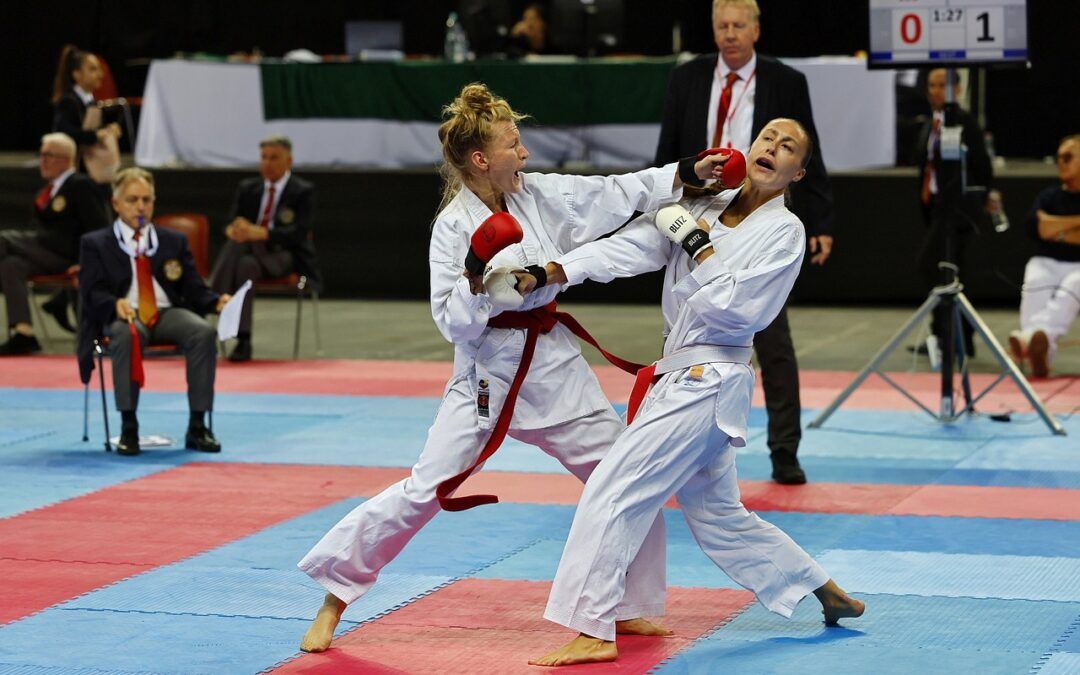
Bad Advice
Should your sister carry wasp or bear spray if she feels threatened by a human? Should you trust that dude behind the gun counter at your local gun shop because he’s got a sweet beard? Mike and Jim explore your options and how to sort good advice from bad advice.
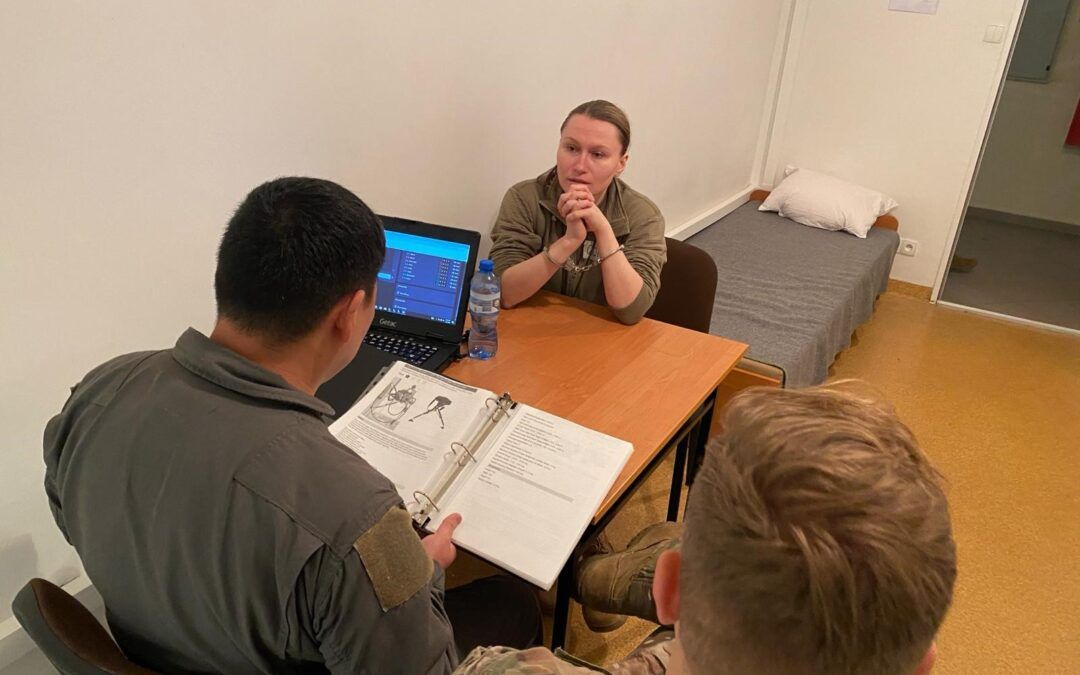
Read the Room – Who is Leading You?
Most leadership and management training has a top-down approach, but real human interaction involves influence in all directions – especially during a negotiation or confrontation. Mike and Jim discuss how to recognize when the other party is trying to influence or manipulate you, and how to lead your way through a tense situation. This is the essence of de-escalation and conflict management.
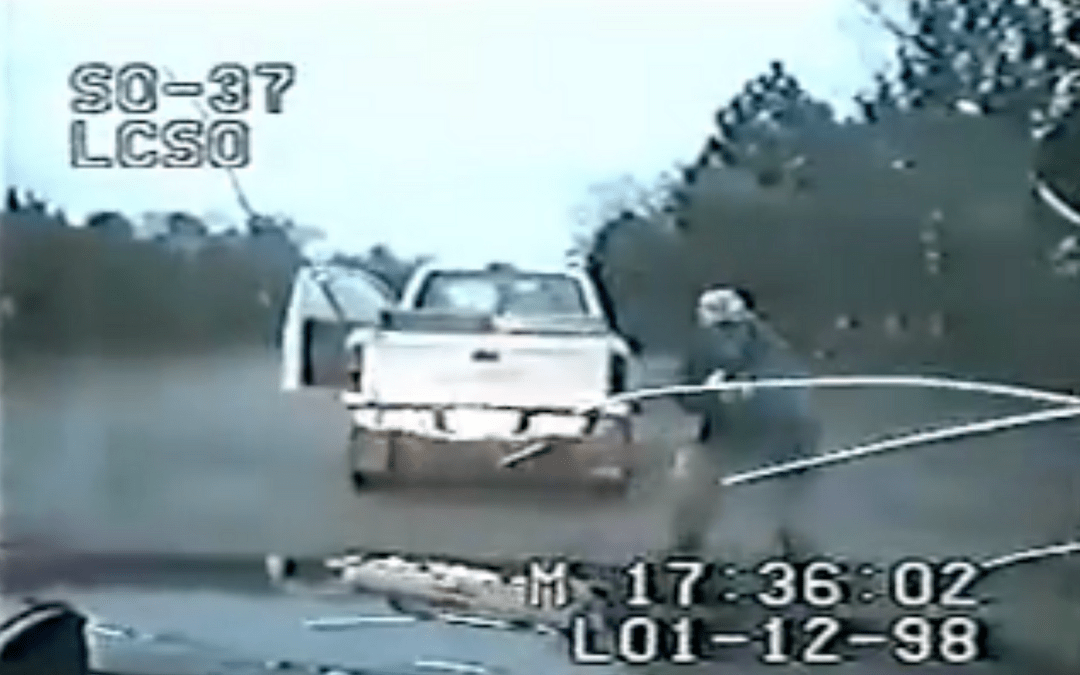
The Last Traffic Stop: Kyle Dinkheller’s Story
This episode examines the tragic 1998 murder of Deputy Kyle Dinkheller, a young Georgia sheriff’s deputy killed during a routine traffic stop. Using dashcam footage, we recount the chilling escalation of the encounter, explore the decision making and mindset to reconcile deadly force, and delve into the lessons this event teaches about officer safety, de-escalation, and situational awareness.
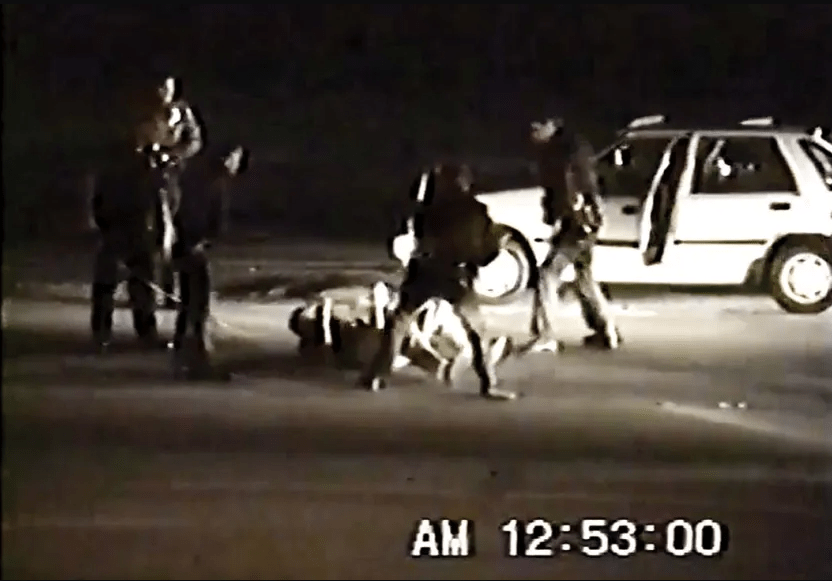
De-Escalate? Escalate? When can you taser them?
Through this discussion, Mike and Jim examine the challenges of balancing split-second decisions with the need for critical thinking, training, and adherence to policy. They touch on how models like the Critical Decision-Making Model (CDM) and Integrated Communications, Assessment, and Tactics (ICAT) are shaping modern law enforcement training, while also addressing the limits of these frameworks.
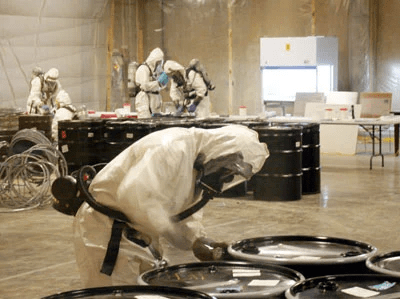
Dancing With Exotic Weapons
The discussion covers actionable steps to evaluate and enhance preparedness, insights into emerging CBRN risks, and the importance of aligning training and resources with the current threat environment. Whether you’re in emergency management, military operations, or public health, this episode offers essential strategies to help you stay ahead of these high-stakes threats.
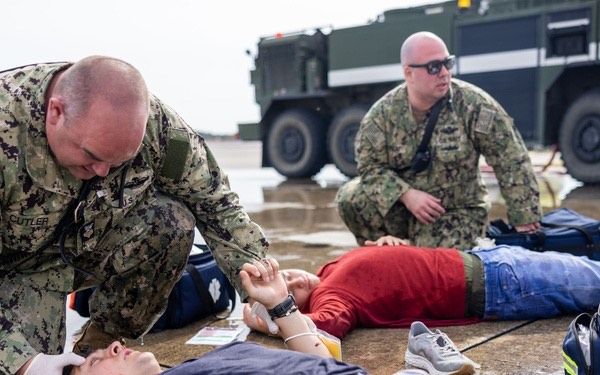
Making Worthwhile Exercises
From avoiding the pitfalls of “check-the-box” drills to incorporating realistic stressors and practical objectives, they break down what it takes to make training worthwhile. Whether you’re organizing exercises for law enforcement, the military, or emergency responders, this episode offers actionable advice to elevate your approach and achieve better outcomes.
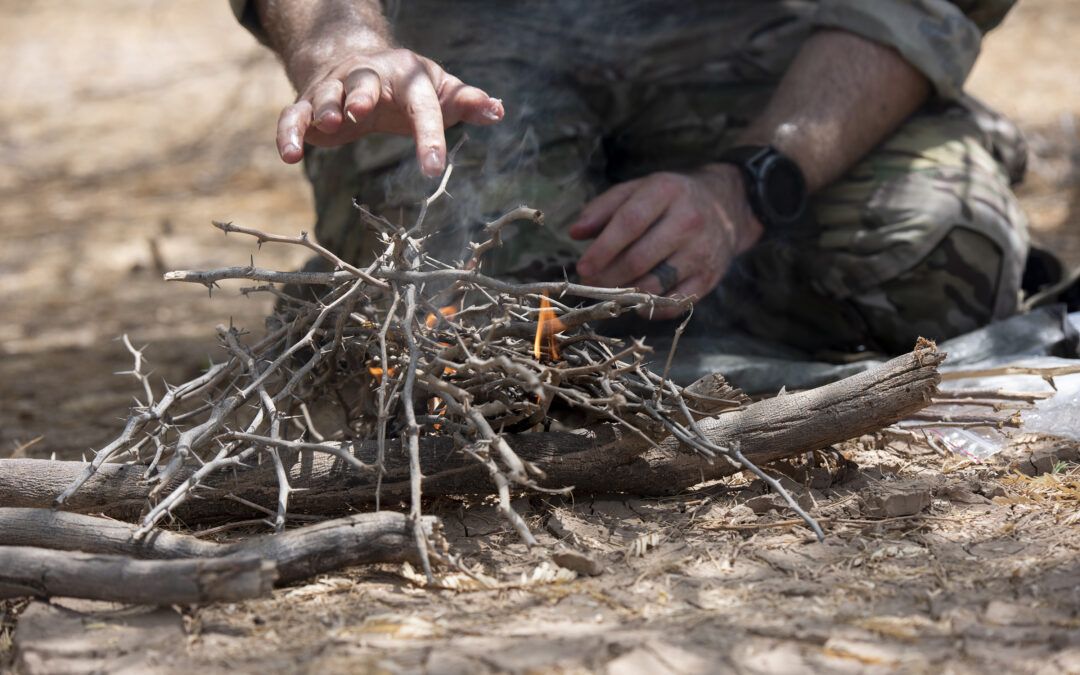
Sticks and Stones Survival Skills 101
EPISODE 171 Sticks and Stones: Survival Skills 101We take it out to the woods with how to build a fire, 7-step Checklist for Land Navigation, knots, PACE planning, forging resilience and a positive mental attitude, and more in this disaster prep, end-of-the-world,...
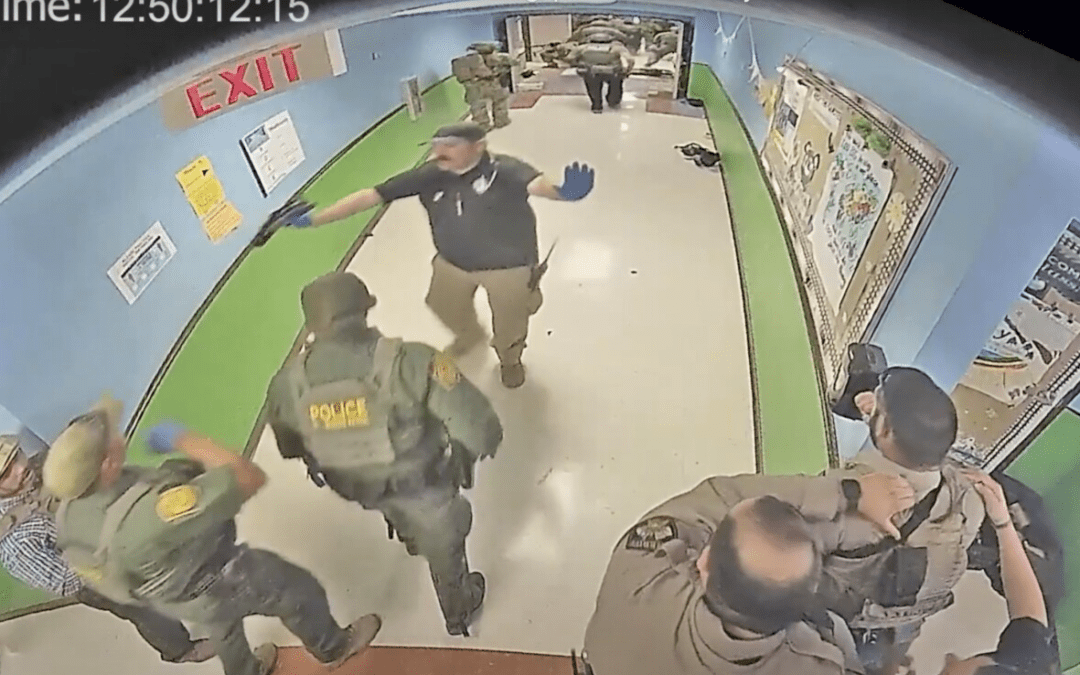
“Time is on our side right now…” -Uvalde School District Police Chief
We try to take a balanced approach between the real challenges first responders take and the tragic reality of this event. We hope you learn from it.

De-Escalate? Escalate? When can you taser them?
Through this discussion, Mike and Jim examine the challenges of balancing split-second decisions with the need for critical thinking, training, and adherence to policy. They touch on how models like the Critical Decision-Making Model (CDM) and Integrated Communications, Assessment, and Tactics (ICAT) are shaping modern law enforcement training, while also addressing the limits of these frameworks.

Dancing With Exotic Weapons
The discussion covers actionable steps to evaluate and enhance preparedness, insights into emerging CBRN risks, and the importance of aligning training and resources with the current threat environment. Whether you’re in emergency management, military operations, or public health, this episode offers essential strategies to help you stay ahead of these high-stakes threats.

Making Worthwhile Exercises
From avoiding the pitfalls of “check-the-box” drills to incorporating realistic stressors and practical objectives, they break down what it takes to make training worthwhile. Whether you’re organizing exercises for law enforcement, the military, or emergency responders, this episode offers actionable advice to elevate your approach and achieve better outcomes.

Sticks and Stones Survival Skills 101
EPISODE 171 Sticks and Stones: Survival Skills 101We take it out to the woods with how to build a...

“Time is on our side right now…” -Uvalde School District Police Chief
We try to take a balanced approach between the real challenges first responders take and the tragic reality of this event. We hope you learn from it.
Tactical Case for Restraint
One of the key flaws in civilian tactical training is how much time and effort we put into shooting and fighting skills and how little time and effort we put into conflict resolution. If all we teach is shooting, and the one tool in your “toolbox” is carbine skills, then the whole world might tend to look like a shooting range to you. That is a dangerous habit pattern…
Philando Castile
In July 2016 a police officer in Minnesota stopped a car and the driver informed the officer that he was armed. The driver was apparently reaching for his wallet, but the officer perceived that he was reaching for the gun. The officer gave him instructions to not reach for it, the driver said that he wasn’t, and somewhere in the mix the officer shot and killed him. The driver’s name was Philando Castile. The officer was charged with manslaughter but was acquitted by a jury. He was fired by his agency.
Riting for Cops
Poor writing kills cops. It kills cops because it doesn’t play well in the media or in court. That stilted pseudo-professional way of writing in passive voice makes cops sound intentionally opaque, robotic, and incompetent. Bad writing invites scrutiny, ridicule, and enhanced oversight by people who are far-removed from tactical reality…
Gun Handling
CAREFUL WITH THAT THING!There’s a video going around that shows a group of officers clearing a...
The X, Defined
FIGHT OFF THE X: Tactics for actions upon contact with a lethal threat in an ambush have remained relatively unchanged since I began my professional life in a world where something like that was a reality…
Balance: Training and Life
BALANCE: THE TOTAL PACKAGE We have a saying in dog training that you don’t fix one problem without...
Threat Assessment
THREAT ASSESSMENT; Threats of harm should always be taken seriously, but in many cases the person making the threat is only trying to exploit their victim or elicit a reaction for a perceived wrongdoing.
Two Types of Learners
TWO TYPES OF LEARNERS Psychologist Carol Dweck is known for her work on implicit theories of...
